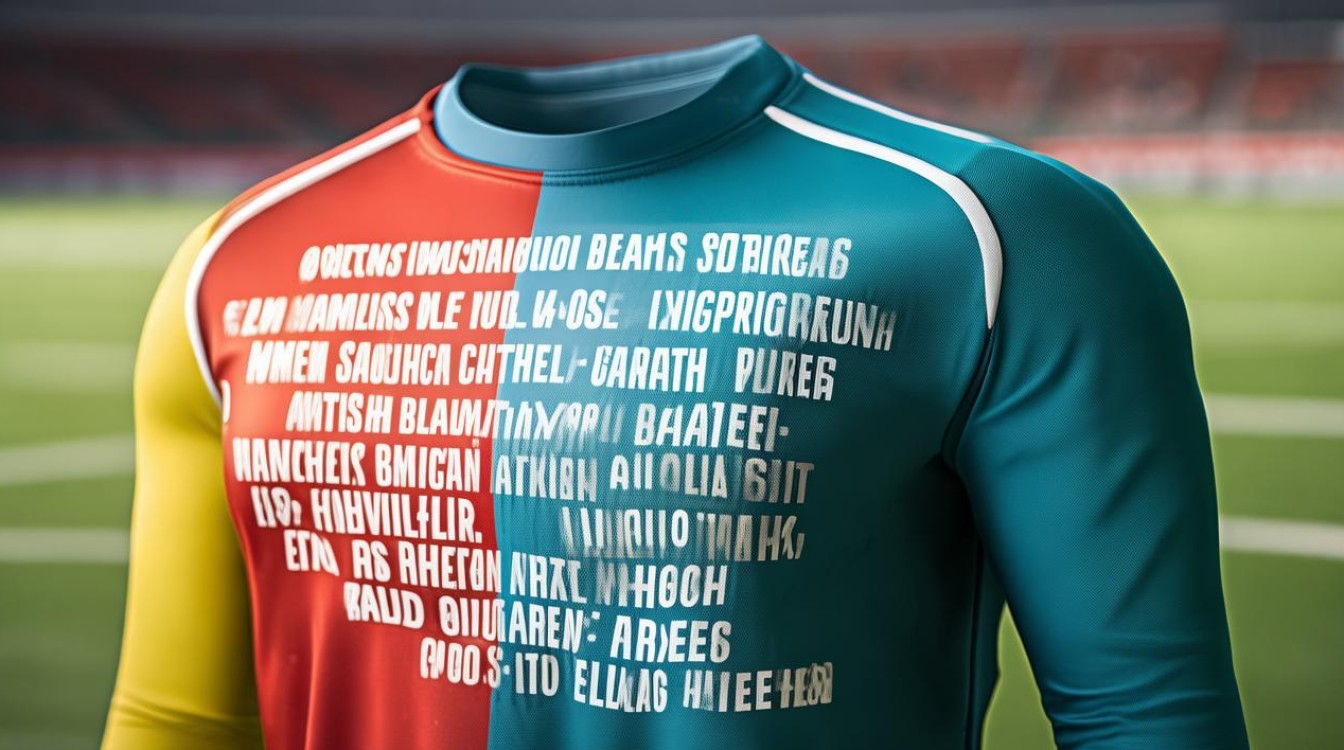Whether you're a fitness enthusiast, an athlete, or simply someone who loves comfortable clothing, understanding the English terms related to sports shirts can enhance your shopping experience and knowledge. From materials to styles, this guide covers essential vocabulary to help you navigate the world of athletic apparel with confidence.

Basic Types of Sports Shirts
T-Shirt
A classic, short-sleeved garment made from breathable fabrics like cotton or polyester. Ideal for casual workouts and everyday wear.
Tank Top (Singlet)
A sleeveless shirt designed for maximum airflow, perfect for high-intensity training in warm weather.
Polo Shirt
A collared shirt with short sleeves, often made from moisture-wicking materials. Popular in golf and tennis.
Compression Shirt
A tight-fitting top designed to improve blood circulation and muscle support during exercise.
Long-Sleeve Performance Shirt
Provides warmth and UV protection, commonly used in running and outdoor sports.
Rash Guard
Originally for water sports, this shirt protects against abrasions and sun exposure.
Key Fabric and Material Terms
Moisture-Wicking
A fabric technology that pulls sweat away from the skin to keep the wearer dry.
Breathable
Materials that allow air to circulate, preventing overheating.
Spandex (Lycra/Elastane)
A stretchy synthetic fiber used to enhance flexibility and fit.

Polyester
A durable, quick-drying synthetic fabric commonly used in sportswear.
Cotton
Soft and comfortable but less ideal for intense workouts due to its slow-drying nature.
Mesh Panels
Ventilated sections in a shirt for added airflow.
Design and Fit Terminology
Slim Fit
A close-fitting design that contours to the body without restricting movement.
Regular Fit
A standard cut offering more room than slim fit.
Loose Fit
Provides maximum comfort and airflow, often used in basketball and casual wear.
Raglan Sleeves
A sleeve style that extends to the collar, allowing greater arm mobility.
V-Neck
A neckline shaped like a "V," offering a more relaxed fit.
Crew Neck
A round neckline, the most common style for T-shirts.

Functional Features in Sports Shirts
UPF Rating
Indicates protection against ultraviolet rays (e.g., UPF 50 blocks 98% of UV radiation).
Anti-Odor Technology
Fabrics treated with antimicrobial properties to reduce sweat odor.
Seamless Construction
Reduces chafing by eliminating bulky seams.
Reflective Logos/Strips
Enhances visibility for nighttime runners and cyclists.
Thumbholes
Integrated loops to keep sleeves in place during movement.
Popular Brands and Their Signature Styles
Nike (Dri-FIT Technology)
Specializes in moisture-wicking fabrics for high-performance athletes.
Adidas (Climalite/Climacool)
Focuses on breathability and temperature regulation.
Under Armour (HeatGear/ColdGear)
Offers shirts optimized for different weather conditions.
Lululemon (Swiftly Tech)
Known for seamless, sweat-wicking designs favored by yogis and runners.

Puma (DryCELL)
Engineered for quick evaporation and comfort.
How to Choose the Right Sports Shirt
Consider the following factors when selecting a sports shirt:
- Activity Type (Running, gym, yoga, etc.)
- Climate (Hot, cold, or variable conditions)
- Fit Preference (Tight, loose, or adjustable)
- Fabric Technology (Moisture-wicking, UV protection, etc.)
- Budget (High-end performance vs. budget-friendly options)
Care and Maintenance Tips
To prolong the lifespan of your sports shirts:
- Wash in cold water to preserve elasticity.
- Avoid fabric softeners, which can clog moisture-wicking fibers.
- Hang dry instead of using a dryer to prevent shrinkage.
- Store in a cool, dry place to prevent odor buildup.
Final Thoughts
Understanding these terms ensures you make informed choices when shopping for sports shirts. Whether you prioritize performance, comfort, or style, knowing the right vocabulary helps you find the perfect fit for your needs.
The next time you browse for athletic wear, you’ll confidently recognize terms like "compression," "moisture-wicking," and "raglan sleeves," making your selection process smoother and more enjoyable.


